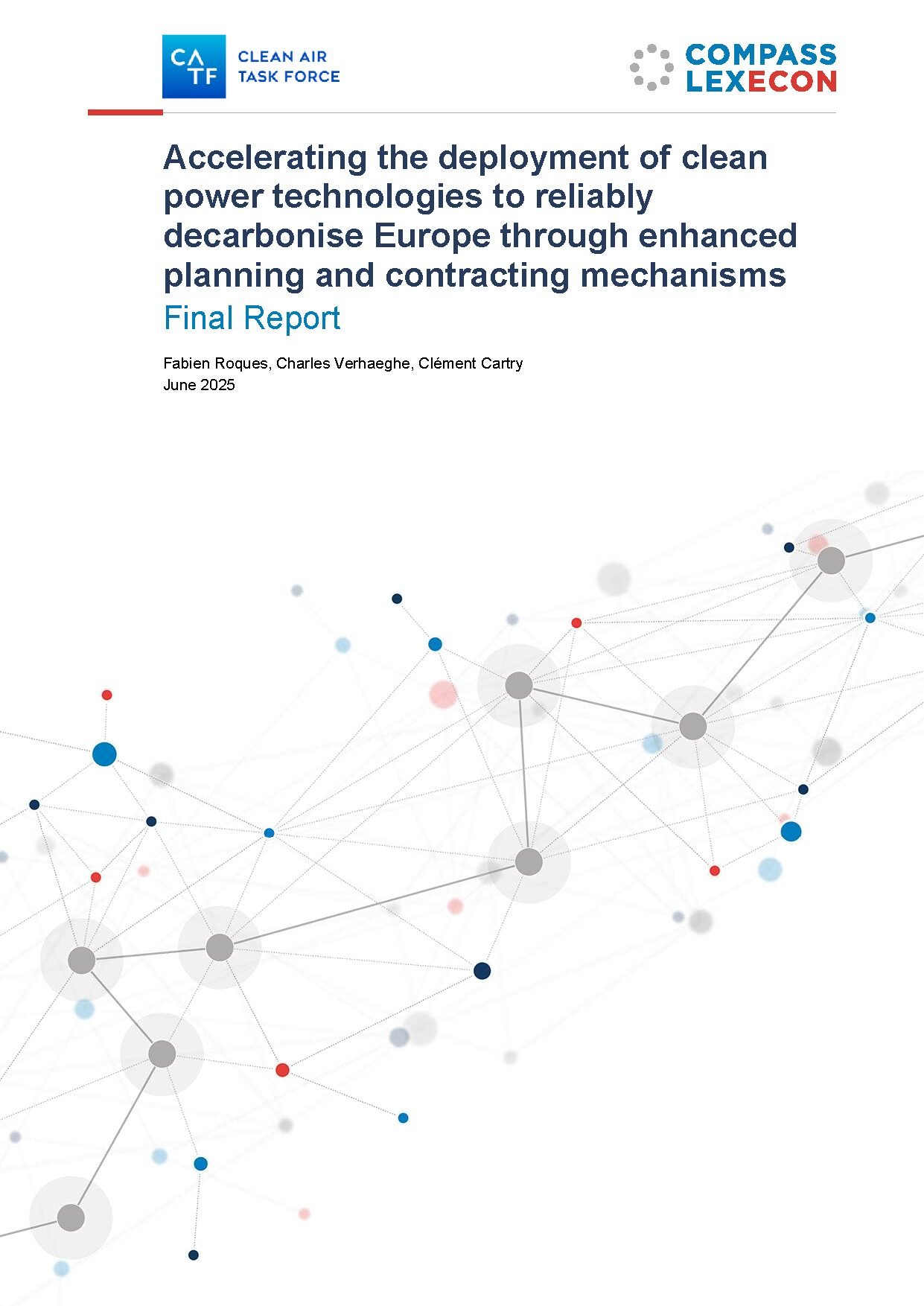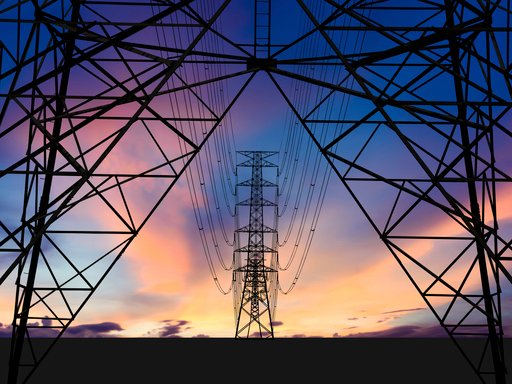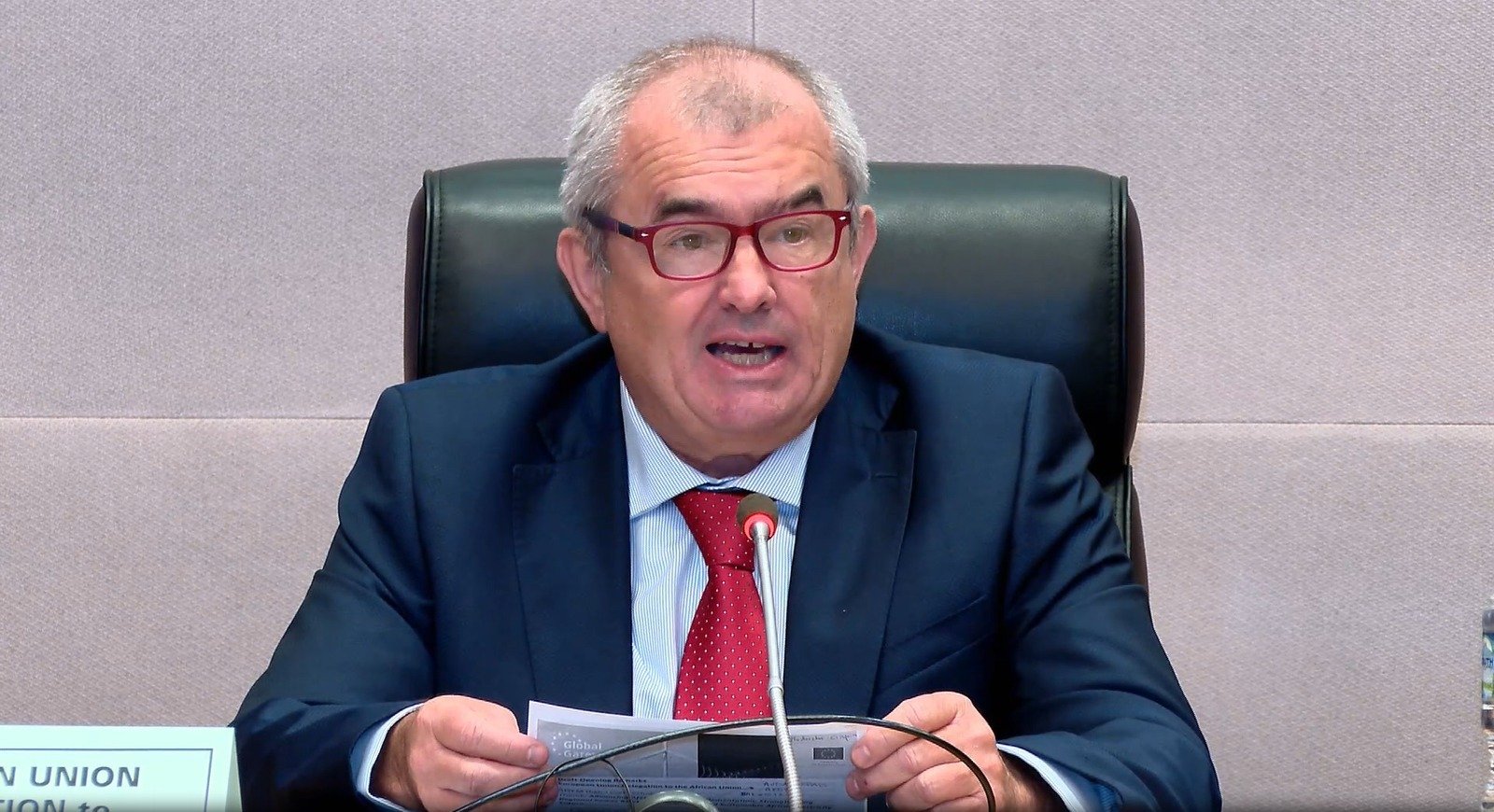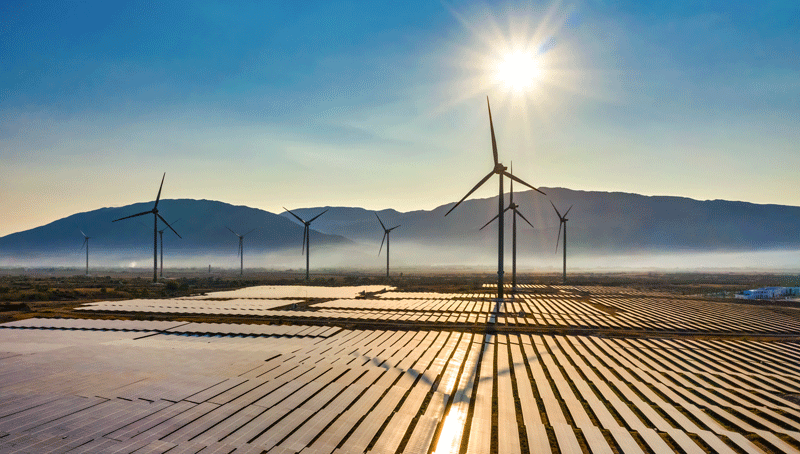The European power sector is entering a crucial phase of deep decarbonisation, necessitating a strategic focus on electricity to align with the continent’s climate and energy goals. The strategy aims to reduce carbon emissions while ensuring reliable energy supply and promoting economic growth. This transition requires the aggressive rollout of renewable energy sources, particularly wind and photovoltaic systems, alongside supportive technologies such as ‘clean firm’ generation methods, including nuclear and geothermal energy.
To achieve continuous decarbonised power, Europe must integrate flexible capacities like energy storage and demand response systems to balance energy generation from renewables, which can be variable due to weather conditions. A well-developed network infrastructure is also essential to support this transition.
A recent report by the Clean Air Task Force addresses the challenges within the current market design and proposes solutions for expediting the deployment of clean power technologies. Enhanced planning, procurement, and contracting mechanisms are identified as key areas for improvement to ensure that the deployment of clean energy technologies can keep pace with the urgent need for decarbonisation.
The report emphasizes the importance of not only increasing renewable energy capacity but also ensuring that the energy supply is consistent and reliable throughout the day. By focusing on these areas, Europe can better position itself to meet its decarbonisation targets while maintaining energy security and fostering economic development.




